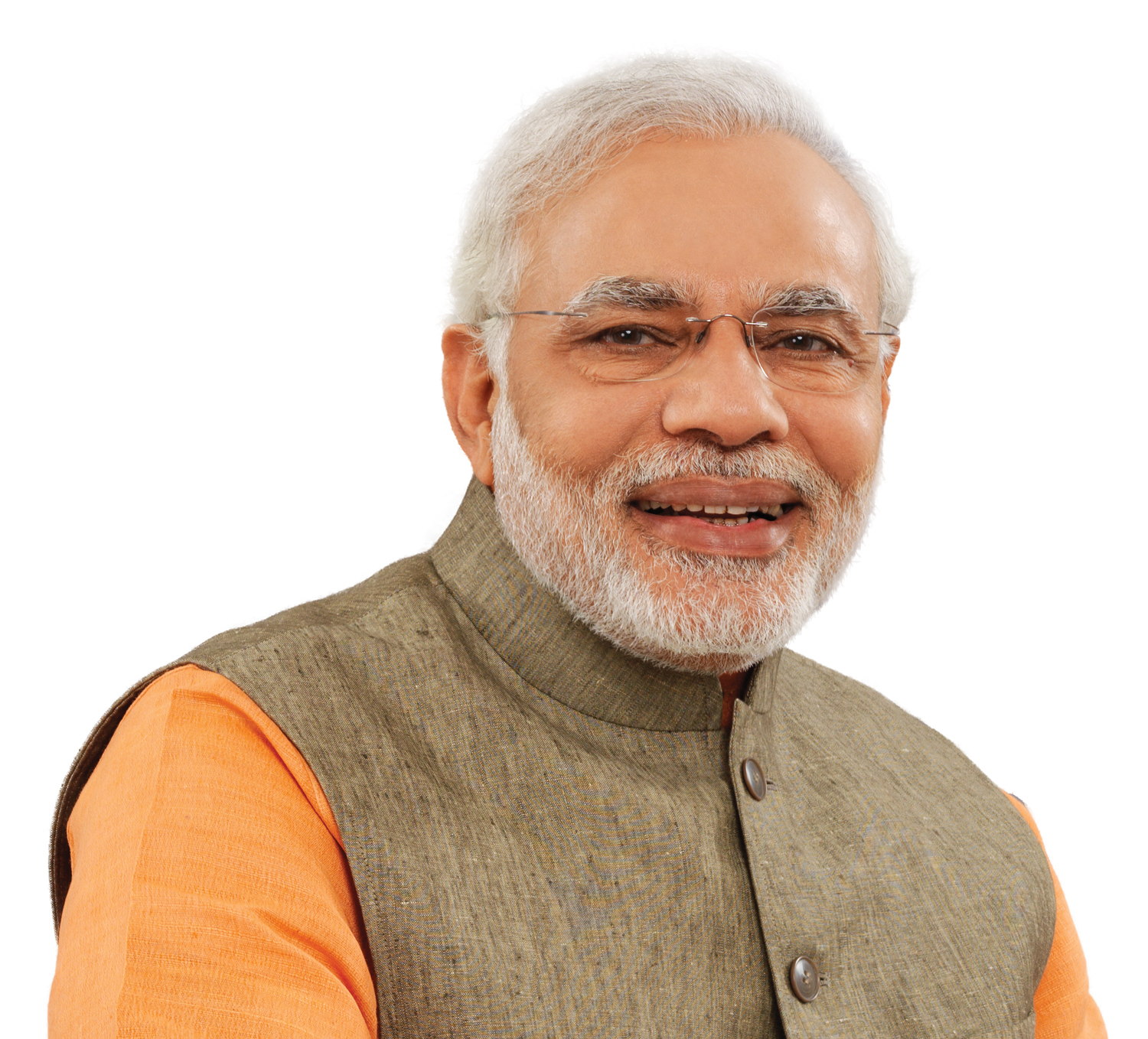‘Possible for India to be $5-tr economy by 2024’
Ravi Shanker Kapoor | June 16, 2019 5:32 pm

Prime Minister Narendra Modi
The goal to make India a $5-trillion economy by 2024 is challenging, but it can surely be achieved, Prime Minister Narendra Modi said yesterday. He was speaking at the fifth meeting of the governing council of the Niti Aayog, which was held under his chairmanship at Rashtrapati Bhawan. States should recognize their core competence and work towards raising GDP targets right from the district level, he added.
The meeting was attended by 26 chief ministers, the Lieutenant Governor of Andaman & Nicobar Islands, and the Governor of Jammu & Kashmir. Several Union Ministers, in their ex-officio capacity, and special invitees also attended the meeting, along with Niti Vice-Chairman, Members, Chief Executive Officer, and senior officers.
Niti Aayog, the top policy think-tank, decided to constitute a task force for structural reforms in the farm sector. It would comprise chief ministers and Central ministers, Vice-Chairman Rajiv Kumar said after the meeting.
The Prime Minister, who called it the meeting of Team India, highlighted the importance of the governing council of Niti Aayog as a platform to inspire cooperative federalism. He stressed the need to collectively combat poverty, unemployment, drought, pollution, pockets of underdevelopment, and all such factors that constrain India’s progress, an official release said.
He emphasized the need for every state to focus on increasing its share in the country’s GDP by evaluating the export potential of the state and determining the steps necessary for increasing exports and boosting employment.
Vice Chairman Kumar urged all states to offer their suggestions on the policy recommendations contained in Niti Aayog’s ‘Strategy for New India @ 75’ so that they can be tweaked to suit the ground realities in individual States.
The agenda before the fifth council meeting included five items: rainwater harvesting; drought situation and relief measures; aspirational districts programme – achievements and challenges; transforming agriculture; and security-related issues with specific focus on Leftwing extremism-affected districts.
The Prime Minister appreciated the efforts of states towards water conservation and urged all states to streamline and implement innovative water management measures. The creation of the Ministry of Jal Shakti is a key step by the Union government to develop an integrated and holistic perspective on water as a developmental resource, he said.
There was broad consensus on reducing water wastage, promoting efficient water conservation practices across states, with rainwater harvesting to be undertaken at the household and community levels with proactive policy and investment support. Various chief ministers presented best practices from their respective states which can serve as templates for replication across the country, the release said.
Many states such as Maharashtra, Rajasthan, Telangana, Gujarat, and Karnataka have adopted good practices in water conservation and rainwater harvesting. Some innovative steps include the Jalyukt Shivarin Maharashtra which made 11,000 villages drought-free, Mukhya Mantri Jal Swavalamban Abhiyaan which resulted in five-foot rise in groundwater in 21 districts, and Mission Kakatiya in Telangana which irrigates 19 lakh acres. Similarly, Sujalam Sufalam in Gujarat and artificial recharge scheme in Karnataka show that determined action produces good results. The spirit of the meeting was to build on the strength of every state so that each state can learn from the innovation and best practices of other states.
The Niti Aayog council also deliberated upon a closely related and deeply important issue of drought management and associate relief measures. The need to safeguard Indian agriculture and protect farmers from the vagaries of unpredictable monsoons was highlighted in the meeting, with various chief ministers suggesting possible short- and long-term solutions for making India a ‘drought-free’ nation. These included reviewing their district agriculture contingency plans, streamlining provision of inputs such as seeds, and making contingency plans for irrigation. It has been proposed that the Union government consider developing a comprehensive drought management plan that can be applicable across states, the official press release said.
Modi called upon the fifth governing council meeting to undertake foundational reforms in the agri-economy, leading to a complete transformation of the agriculture sector in India. The core agenda items included the need to review the implementation of the Agriculture Produce Marketing Committee (APMC) Act, possible reform in the form of the model APMC Act, changes in the Essential Commodities Act, streamlining of supply, driving more investment into the sector, and predictability of policy at national and regional levels. The Prime Minister emphasized the need for undertaking structural reforms in agriculture including encouraging corporate investment, strengthening logistics and focusing on food processing.
The governing council also reviewed the implementation of the Aspirational Districts Programme, which has emerged as a major policy innovation in driving inclusive growth.
The Prime Minister also reaffirmed the commitment of his government to combat Leftwing extremism (LWE), noting that many of the aspirational districts are affected by Naxal violence. He assured the council that the Ministry of Home Affairs will coordinate with all affected States to decisively end LWE violence and drive the agenda of development in these regions.






























